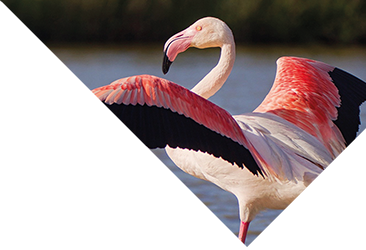« Pollinator networks: structure, stability and land-use » Dr Adam J. Vanbergen, Friday, November 22nd 2019 at 11am, amphi Monge
Pollinators and pollination provide benefits to nature, agriculture and human health and well-being. In this seminar, Dr Vanbergen show how agricultural land-use can affect networks of interactions between insect pollinators and wild plants at habitat and landscape scales. He will present research that shows how cattle introduction to woodlands modify the habitat to affect network structure and stability and wild plant mating success, with implications for plant health. He will also present work that showed how to construct potential plant-pollinator networks at landscape-scale from citizen science data and the effect of biogeographic clines and agricultural land on their structure and robustness to simulated extinctions.
Dr Adam J. Vanbergen (INRA Agroécologie) is a community ecologist researching insect diversity and species interactions, above and belowground, and at trophic levels directly (herbivores, pollinators) and indirectly (predators, parasites) connected to plants, the relationship between biodiversity and ecosystem functions and services, how they respond to anthropogenic disturbances, and how these effects vary across spatial and biological scales. He moved to INRA in 2018 after 20 years working at the UK Centre for Ecology & Hydrology in Scotland.
UMR Agroecologie – INRA Dijon, France






